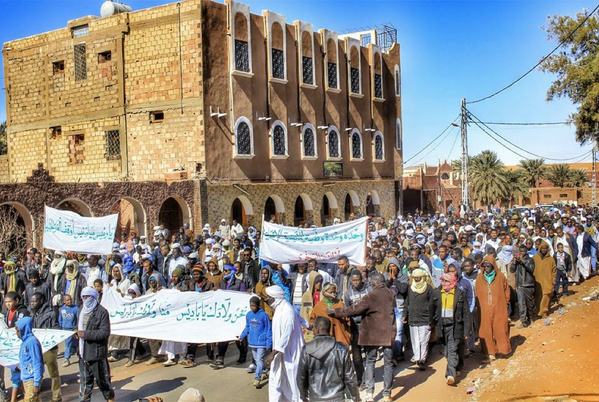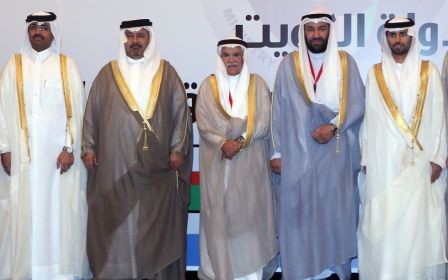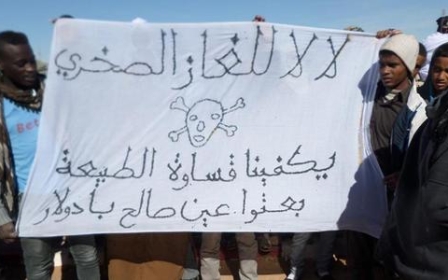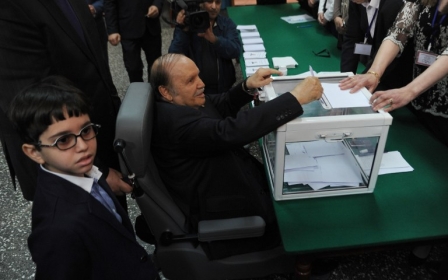Algeria shelves shale gas plans until 2022 amid fierce protests

Algeria has announced that its flagship plan to exploit reserves of shale gas will not begin until 2022.
Algeria’s Prime Minister, Abdel Malek Sellal, said last week that the exploitation of shale gas “is not on the current agenda - we are just thinking about it”.
In early January Algeria announced plans for a $70bn investment in the technology, as prices for its main export, crude oil, fell to a six-year low.
The plans were announced despite weeks of fierce and rare protest in Algeria’s desert south, particularly the town of In Salah, where the pilot well was sunk.
Extracting shale gas relies on a controversial technology known as fracking, which involves blasting a mixture of water, sand and chemicals deep underground to release hydrocarbons trapped between layers of rock.
While some scientists say the process is harmless, others warn that the technique risks causing earthquakes and contaminating local water supplies.
Speaking on state television last week, Sellal suggested that, though the fracking plans have been temporarily shelved, they could eventually be completely scrapped.
“Between shale gas and water, the Algerian people will choose water; you think the Algerian state would be crazy enough to endanger the lives of its citizens?”
Sellal said he was announcing the drastic change of policy “to reassure our people in the south”.
In Salah, the town likely to be most affected by the plans, is one of the hottest places on earth, and is underdeveloped compared to the rest of Algeria; the overall literacy rate is around 80 percent, more than 10 percent lower than the national average.
Residents have demonstrated against the plans for weeks, with public offices and schools in the regions shut down in protest at what many see as an attempt to boost Algeria’s coffers without benefitting the local population.
Geoff D Porter, an expert on Algeria, said the protests in the south of the country are “unique” because they are targeting the hydrocarbons sector, “the backbone of the Algerian economy”.
Porter said he doubted that Algeria would fully abandon its plans to exploit shale gas in the future, since it “desperately needs more hydrocarbons revenue” due to a decline in oil production and natural gas exports.
“President Abdelaziz Bouteflika will strive to strike a balance, likely pledging to dedicate more resources to southern Algeria’s social and economic development…while making plans to move ahead with shale gas exploitation," he said.
New MEE newsletter: Jerusalem Dispatch
Sign up to get the latest insights and analysis on Israel-Palestine, alongside Turkey Unpacked and other MEE newsletters
Middle East Eye delivers independent and unrivalled coverage and analysis of the Middle East, North Africa and beyond. To learn more about republishing this content and the associated fees, please fill out this form. More about MEE can be found here.




